Over the last few years I’ve had the pleasure of being described as both a “renaissance person” and a “hybrid”. I really do mean pleasure because both terms carry positive meaning to me. A hybrid is a “thing” made by combining two different elements. On its own, this doesn’t necessarily make it a better “thing”, but in my opinion, it does perhaps make it a more interesting. “Renaissance people” are defined as people with many talents or areas of knowledge, with perhaps the most widely known example being Leonardo Da Vinci (an absolute hero of mine).
Both labels bought me joy because I have always wanted to be those things; I have always wanted both sides of the coin. Why should I have to choose just one? I love both art and science, song and silence, night and day, inside and out. Of course it isn’t possible to do all things and be all people at once, but I believe we all have the right to be our fullest selves. And that includes changing our hats from time to time.
The truth however, is that many people feel they don’t have a choice, or that, once they’ve made a choice, they cannot stray from that. Globally, societal pressures and stereotypes still have a strong hold. Just think about the caste system that still exists in several countries, think about gender stereotypes, think about professional stereotypes. The labels used to define a person create the parameters for the way that person is perceived and treated. Those labels could be facilitators, but they could just as easily be blockers. In my case, I embrace my new labels because they celebrate my varied story to date, but at the same time I am wary.
Labels can be incredibly powerful and can result in people seeing only the label and not the living, breathing human being beneath. The media in particular craves clear definitions, identities that can be communicated quickly and easily. Stereotypes proliferate and infiltrate the workplace and home. People make important decisions based on their associations with the label, and not necessarily, the person.
Do not fear though, it isn’t all doom and gloom! The world is changing, and I for one am all for it! The research I’ve been doing for a D&AD brief has been a really positive affirmation: From Facebook’s 58+ gender definitions, to Charli Howard’s open letter to the fashion industry, to the ideological battlegrounds of “New Media”. Ideas are being discussed, exposed and skilfully debated by millions of people all around the world. “Millennials” (that’s another label for you) are leading the way in challenging stereotypes and labels. Which brings me to my final thought for today, and that is on hypocrisy.
According to Forbes, “Millenials” want balance and democracy, they don’t want to waste time, and they want to grow professionally (even if it means moving to a different company). They are a fast moving generation of critical thinkers and their average tenure at any one company is two years. I can’t tell you the number of articles I’ve read on creating “Millenial friendly workplaces” – I’m sure you’ve read a fair few yourselves. But the trouble is, that, whilst most people are happy to accept these characteristics from a twenty something year old, and older person displaying these characteristics is a “Jack of all trades and master of none”. In the professional context, an older person who has displayed immense flexibility, resourcefulness and intelligence is dismissed as not being “serious enough”. Why is this acceptable? I find the hypocrisy incredibly frustrating!
Autonomy, mastery and purpose are the necessary ingredients to happiness and success in the workplace. Happier workforces are more creative, and more productive. I'd much sooner hire someone who is still enthusiastic about the work I'd asked them to do than someone who's bored. It’s just good business! And in this day and age, with information at everyone's fingertips, a long term occupancy doesn't necessarily mean better skills. Regardless of labels, people should be able to be themselves and do what is right by them, without prejudice.
